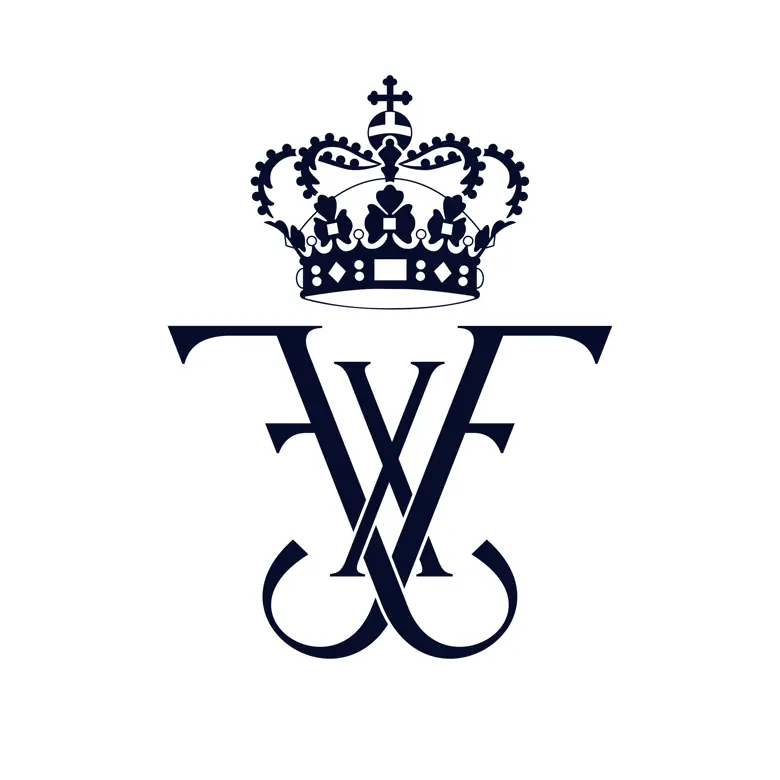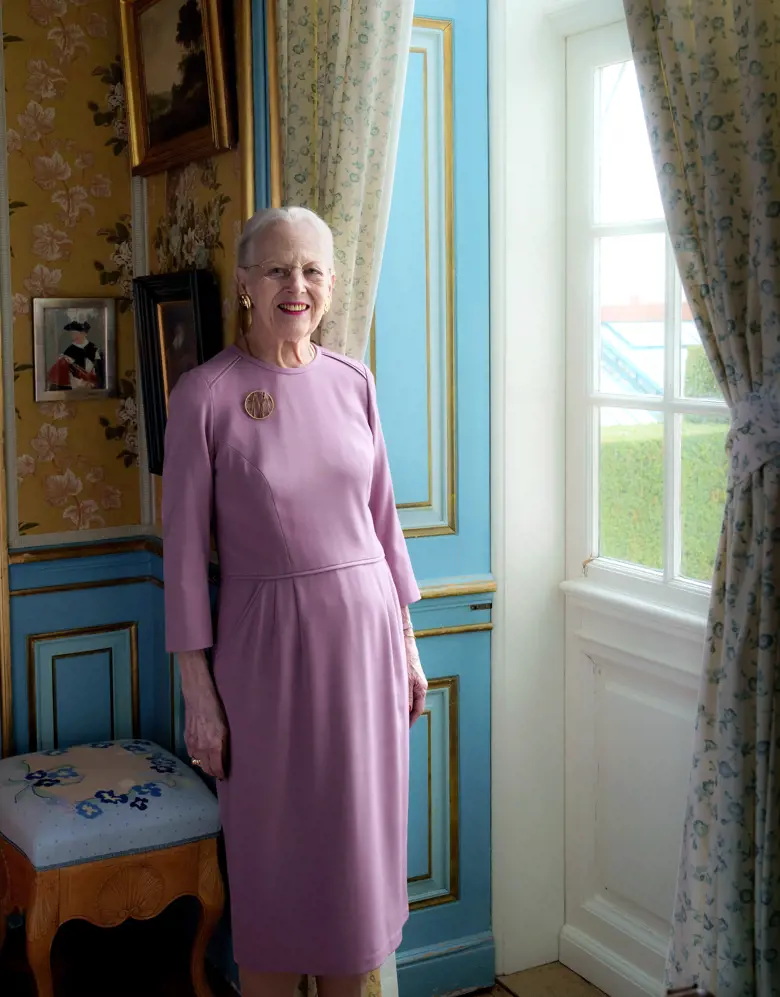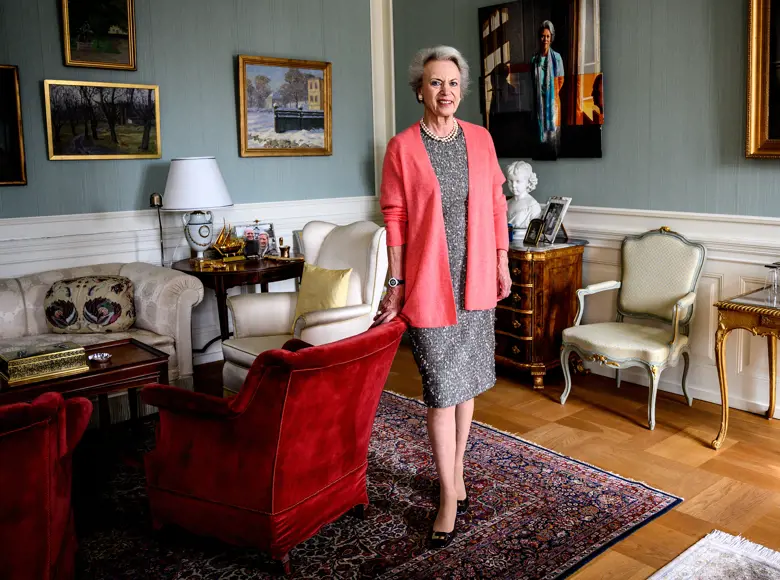HRH The Crown Princess visits Ethiopia
From 16-18 February, Her Royal Highness The Crown Princess and trade and development cooperation minister Mogens Jensen travel in Ethiopia
The visit in Ethiopia will have a two-part focus, partly on women’s health and rights in humanitarian crisis situations and partly on female circumcision.
The trade and development cooperation minister and The Crown Princess will meet with a number of international and civil society organizations and leading persons in the area of women’s health and rights, and they will be enlightened about the complex of problems as well as possible solution models. That also applies to the particular challenges and vulnerabilities women and children face in humanitarian crises, including, among other things, gender-based violence.
In the capital, Addis Ababa, Her Royal Highness and Mogens Jensen will, in addition, meet with Ethiopian women entrepreneurs. Mogens Jensen will also carry out individual political discussions.
Even though circumcision of women is forbidden by law in Ethiopia, the country has continued to have one of the highest incidences of this practice in the world, with around 75 percent circumcised. A sustained focus is therefore crucial to maintain and accelerate the effort to reduce the number of circumcised girls and women if Ethiopia is to reach its own goal of abolishing female circumcision before 2025. On the worldwide scale, it is estimated that there are 125 million circumcised girls and women, and, looking forward, 30 million are at risk of being circumcised.
Denmark extends support to the UN Population Fund (UNFPA) and the UN Children’s Fund (UNICEF), which together work on abolishing female circumcision in Ethiopia and 16 other countries. The tools primarily take the form of education, information about, among other things, rights and health, dialogue with the local communities and involvement of religious leaders, all of which all are intended to create drastic changes in norms and a showdown with female circumcision.
At present, Ethiopia shelters Africa’s largest population of refugees at more than 700,000 and received just under 200,000 South Sudanese refugees in 2014, of which the vast majority of them are women and children.
Women’s and girls’ health and rights are, in addition, one of the top Danish priorities when the UN General Assembly, in September 2015, adopts new development goals for the world.
PRESS CONTACT AT THE MINISTRY OF FOREIGN AFFAIRS
Press contact: Maria Westh tel. 50 77 86 64.



